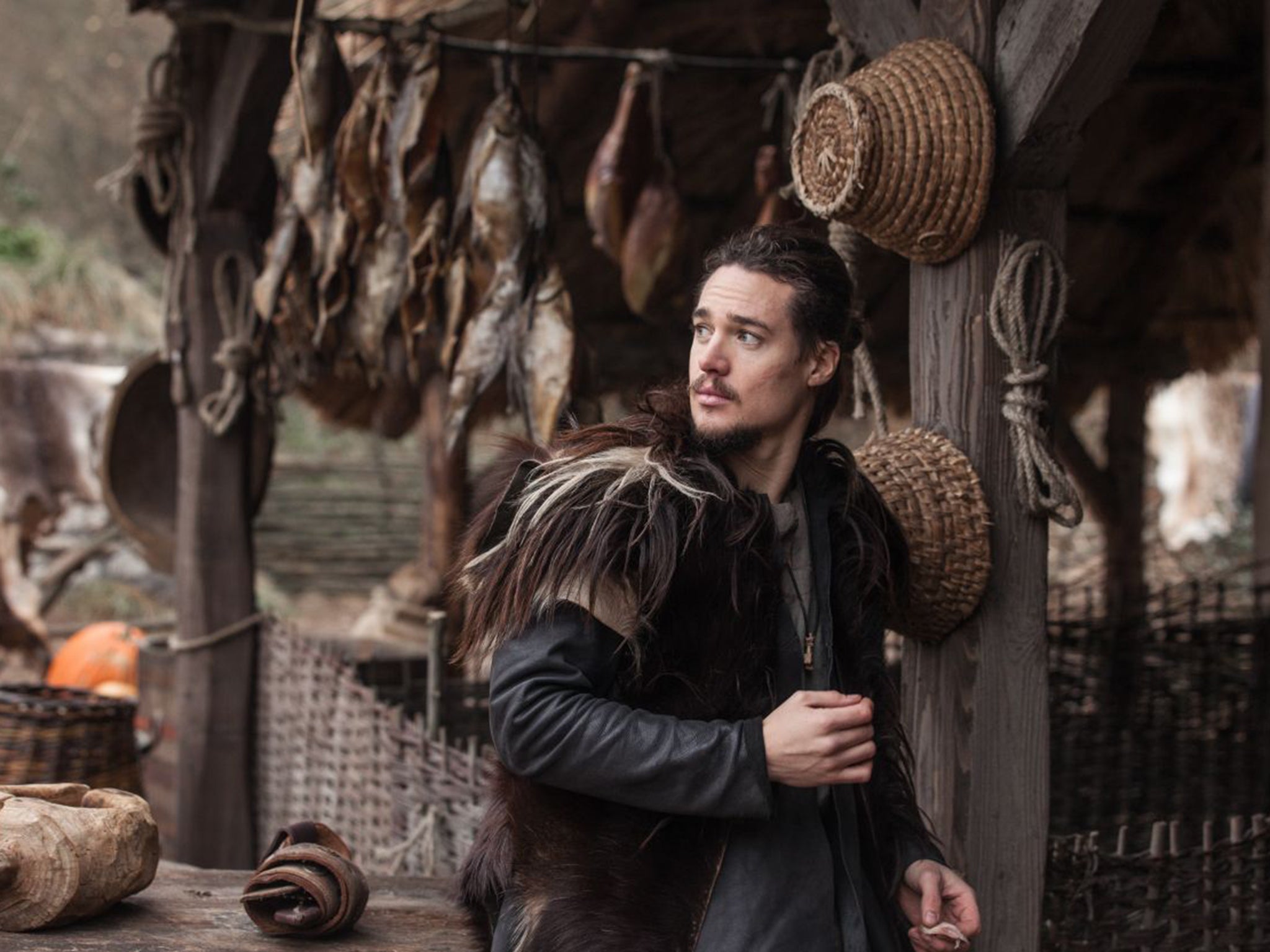The Last Kingdom, TV review: This Viking saga is less silly than Game of Thrones - and less exciting, too
The BBC has adapted Bernard Cornwell's historical novels for this eight-part tale of the occupation of Saxon Northumbria

Your support helps us to tell the story
From reproductive rights to climate change to Big Tech, The Independent is on the ground when the story is developing. Whether it's investigating the financials of Elon Musk's pro-Trump PAC or producing our latest documentary, 'The A Word', which shines a light on the American women fighting for reproductive rights, we know how important it is to parse out the facts from the messaging.
At such a critical moment in US history, we need reporters on the ground. Your donation allows us to keep sending journalists to speak to both sides of the story.
The Independent is trusted by Americans across the entire political spectrum. And unlike many other quality news outlets, we choose not to lock Americans out of our reporting and analysis with paywalls. We believe quality journalism should be available to everyone, paid for by those who can afford it.
Your support makes all the difference.I am pleased to report the word "turd" was uttered twice during The Last Kingdom. It's a good Old English word, short with it, and, like the expression "humping the servant girl", gave a satisfyingly earthy quality to this eight-part tale of Viking occupation of Saxon Northumbria. Only a pedant would point out that "turd" acquired its pejorative meaning much later, in the 13th century, and found its ultimate usage in the 1970s when it was applied to the Leyland Princess car, christened memorably by its detractors "the flying turd". But I digress.
This is the story of Uhtred, a young man who has what would nowadays be described as "identity issues" and is prone to dismissing his enemies as "turds". The plot, although less silly than Game of Thrones, is a little convoluted, so here goes: a millennium ago, princeling Uhtred loses his Saxon father in battle; his lands and inheritance are appropriated by scheming uncle Aelfric; Aelfric becomes a puppet-lord for the ruling Danes; Uhtred is captured/adopted by super-hairy Viking boss Ragnar, and grows into a (super-handsome) warrior.
Uhtred's new "family" is murdered by a group of renegade Danes, and Uhtred finds himself alone. He can't work out if he's Saxon, Dane or both. I got all that, but still got a bit distracted by the likes of Scallion, Brida, Sven and Guthrun – and especially Ubba (actually I thought they said "Abba". How camp would that be?).
Bernard Cornwell's historical novels, and their TV adaptations such as this, have been highly successful – the Peninsular War saga Sharpe being a fine example – but the writing can be constrained by the stilted clichés of the genre, give or take the odd "turd". Thus: "Every man must be prepared to die"; "He fights like a Dane"; "You're a son to me now"; "Do not forsake England"; "I need to kill someone". Uhtred, with his mixed-up heritage, has the potential to become a more emotionally complex Prince of Denmark; but so far The Last Kingdom is, well, a bit of a flying turd.
Join our commenting forum
Join thought-provoking conversations, follow other Independent readers and see their replies
Comments